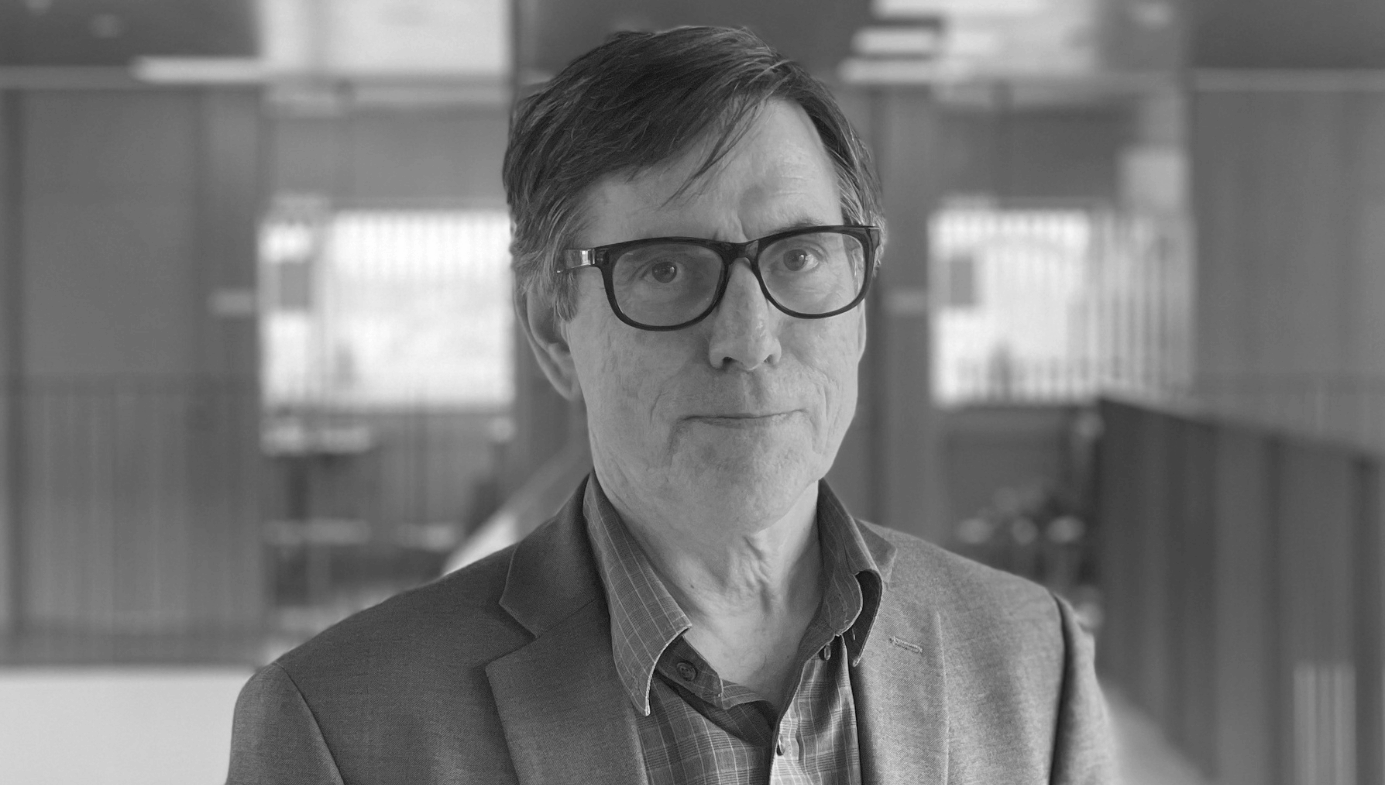Science / Tech
As a Hereditarian, I Strongly Support Economic Redistribution
A recognition that genetic influences on social outcomes are important will potentially influence the kind of help that society offers poorer individuals. But it does not in any way compel an absence of help, or a casual indifference.

In the course of exploring an extended genealogy of English families extending over four hundred years between 1600 and 2022, I made what seemed an innocuous, but interesting, discovery. This was that over four hundred years, social outcomes for lineage members were closely tied to their genetic similarity, even down to the level of fourth cousins.
Remember, correlation isn't the same as causation. However, there were plenty of signs in the lineage that suggest a direct genetic influence on social status.
In a world where men mostly held power in education and institutions, mothers were just as determinative as fathers in predicting most social outcomes for their children (aside from wealth, being subject to the rules of male primogeniture). Even when fathers were absent from their son's lives, their social outcomes were closely linked—to the same extent as when fathers were present. Things like birth order or family size didn't have much impact on outcomes, except for wealth, thanks again to primogeniture.
But apart from inheritance rules, the lineage's evidence showed that genetic influence could not be easily changed by social interventions.
All of this appeared to be a clear and open use of intriguing new sources of historical data, which took a lot of time and effort to gather. And, indeed, an article with these conclusions recently appeared, without too much commotion, in the Proceedings of the National Academy of Sciences.
But a talk I was to give at the University of Glasgow in February 2021 presenting an earlier version of this work was “postponed” indefinitely because of a petition of over 100 faculty members denouncing the work as "promoting eugenics."
"Adam Smith Business School postpone seminar by eugenicist"
— Michael Shermer (@michaelshermer) February 22, 2021
Gregory Clark is one of the greatest ECONOMIC historians of our time—the author of numerous important works of ECONOMIC history. He's an ECONOMIST.
"economist" ≠ "eugenicist" Got it wokerati?https://t.co/HK8ZczLTiv
That faculty letter included the following:
“We firmly oppose the circulation of genetically-determined ideas of any aspect of social worlds. Not only because those ideas have been overwhelmingly discredited by reputable and rigorous research, but because due to their history, their circulation as legitimate science has political implications that pose a danger to the mission of the University, and the wellbeing of its community.”
Judging by the 100 and more faculty members willing to endorse this statement, the perception that accepting the empirical reality of genetic influence on social outcomes inevitably leads one to advocate for policies favoring inequality, discrimination, exclusion, and ultimately the eugenic extinction of the disadvantaged, appears to be commonly held. This idea was promoted again in a recent article written by Michael Lind for Compact, which listed me among a group of "hereditarian" scholars. But the link between hereditarianism and laissez-faire social policy is a mistaken conjunction.
Consider, for example, medical interventions. In the course of the last two hundred years medical interventions—clean water, vaccines, antibiotics, etc.—have greatly increased the longevity of both rich and poor. Global life expectancy in 2023 is 71 years, whereas for most of human history it was just 30 years.
Despite life expectancy rising for everyone, there has been a widening gap in adult longevity between social classes. A recent study that focused on the mortality rates of Scottish kids born from 1936 up until 2015 suggests the longevity gap likely has a genetic basis. For these children all took an IQ test when they were 11 in 1947. Those with higher IQs had lower chances of dying from any major cause across these years. Since IQ is strongly genetically inherited, whatever the specific mechanisms in terms of health behaviors, genetics thus underpins health outcomes.
Stating that genetics influences lifespan through IQ doesn't imply we should deny healthcare to the poor. On the contrary, it could support giving more healthcare to help reduce inherited differences in lifespan. Even if some of these differences in lifespan come from behaviors influenced by genetics, it still doesn't mean we should stop helping those who are disadvantaged.
Genetic determination or social determination should be irrelevant to our views about how to structure health care support in society.
The system of provision of universal health care in Denmark, where I now reside, seems, in light of these disparities, more humane than the system in the United States, where many poor people get routine health care only through visits to Hospital Emergency departments. Evidence, however, from within regions of the US shows that giving better medical care has, unfortunately, not been able to increase the lifespan of low-income individuals. Nevertheless, most people would likely agree that even if genetics plays a big role in lifespan differences, the State should still provide to the poor whatever health care is effective.
Similarly, while the English lineage suggests that the social rank of individuals in any generation is largely genetically inherited, this social rank can have very different consequences in different societies. Here in Denmark to be on the bottom ten percent of the social rank is much better in terms of income and standard of living than to be in the equivalent position in the United States. Similarly, to be in the top ten percent of social rank in Denmark doesn't bring as many financial rewards as it does in terms of income and wealth as it does in the US.
The decision of Danish society to tax the top ten percent heavily, and subsidize the bottom ten percent substantially, is entirely compatible with an acceptance that a genetic lottery decided who would be in the top ten percent, and who in the bottom.
If you support economic redistribution, how would your opinion change if I said that the poorest ten percent are there due to their genetic inheritance, rather than growing up in a family environment that is disfavourable to social success? Acknowledging genetic influences on social outcomes is irrelevant to one's ethical views of the appropriate level of redistribution in any society. The only thing it might potentially influence would be your views on the appropriateness of certain social interventions.
A recognition that genetic influences on social outcomes are important will potentially influence the kind of help that society offers poorer individuals. But it does not in any way compel an absence of help, or a casual indifference. All it does is reflect an awareness that some interventions may not be particularly cost-effective.
The prevailing social science ideology, for example, emphasizes the social determination of outcomes. In light of this, the aim of policy to narrow social disparities is often to provide as much environmental enrichment and education as possible to poorer individuals to improve their potential productivity and social functioning. As a consequence, high income modern societies spend around ten percent of all potential income on education, much of it from the public purse.
The lineage data from England casts doubt on the effectiveness of this education mandate. The rise and rise of public educational provision from the late nineteenth century onwards did not have any effect on social mobility rates for the families at the bottom. People who got an extra year of education due to longer mandatory schooling (which went from 14 years in 1918 to 15 years in 1946, and 16 years in 1972) didn't experience better housing value, improved neighborhoods, or lower mortality rates when looked at in 1999. This suggests that making education mandatory until age 17 in 2013 and age 18 in 2015 in England probably won't greatly improve future opportunities for the poorest families.
The nature of the inheritance of social outcomes is thus crucially important to thinking about what the most effective interventions are in terms of improving the lives of the most disadvantaged members of the community. Put simply, the idea that there's no link between how we see social status being passed down and what we believe about redistribution can be stated in another form.
The argument of the 100 Glasgow academics is that we live in a society where an elite gets undeserved privilege from their social inheritance, and an underclass gets undeserved deprivation. My own view would be that the elite gets an undeserved favorable genetic endowment, and the poor an undeserved unfavorable genetic allocation.
My own view would be that the elite gets an undeserved favorable genetic endowment, and the poor an undeserved unfavorable genetic allocation.

This difference of interpretation leads to significant and legitimate disputes on the mechanisms which will be effective to level the social playing field. In other words, what might be the most effective levers of social change. However, these varying opinions about the mechanisms of inheritance don't give us any insight into how much inequality we are comfortable tolerating in our society. There is no connection between our empirical views on the mechanisms of inheritance and our ethical views on what makes for a good society.
The Glasgow 100 and Lind view, of course, contemplates that with the right policies and sufficient will we could create societies that have much higher equality of outcomes. As a matter of practice, that objective remains as far from realization now as it was in 1700 or 1800. Ironically, Glasgow itself is notable for the dramatic differences in life chances between districts within a few miles of each other. Once you accept that social inheritance is as resistant to State intervention as genetic inheritance in practice, the exact mechanism of inheritance becomes less relevant to the ethics of social policy.
People worry that genetic inheritance, compared to social inheritance, leads to supporting eugenic policies that favor the fertility of the upper classes. In practice, as long as there is strong inheritance of social characteristics, and as in 1600–2023 England, social policies are unable to change that, eugenic possibilities are independent of whether status inheritance is genetic or social. With strong inheritance, even if purely social, you can change the social characteristics of a society by having differential reproduction by social class. Societies like Australia, Canada and New Zealand, which strongly favor skilled immigration, are effectively in the process of doing this. Eugenic possibilities, which I do not support, are independent of whether or not social status is genetically determined.






